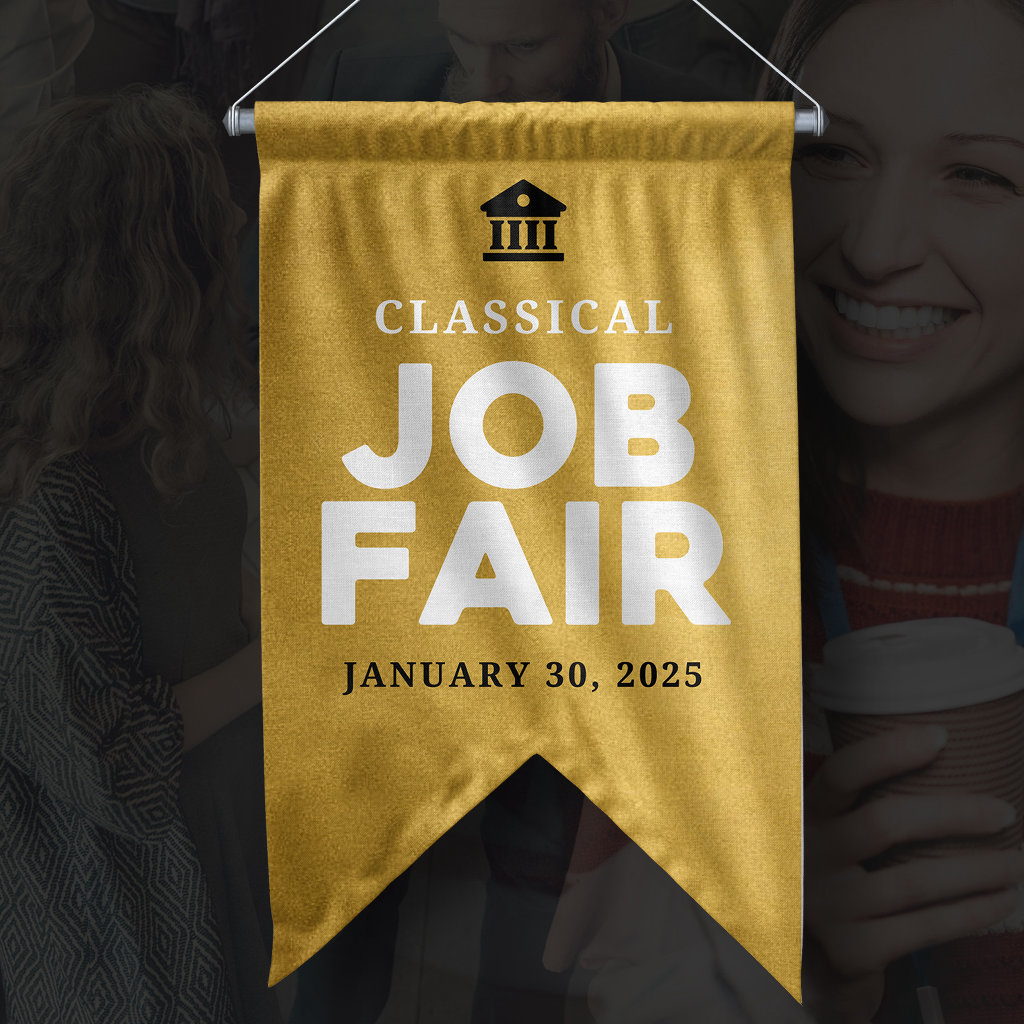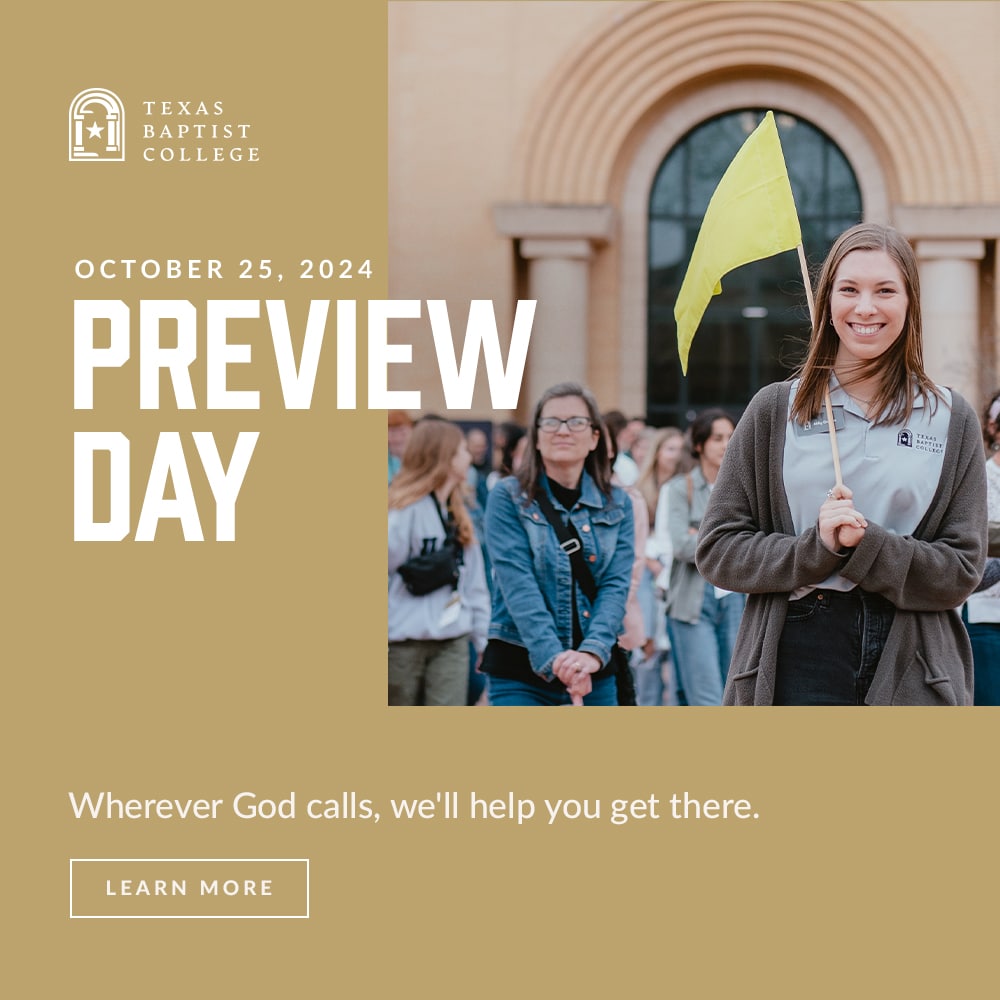The Classical School Needs the Classical University

Many parents have offered rewards to their child in order to form a habit. If the child makes his bed every day for a month, he gets ice cream. The goal is that he will continue to make his bed even after devouring the prize. But how often does the child take the reward and then fall back into the same undisciplined lifestyle? He had no interest in forming a habit; he just wanted ice cream and would jump through any hoops to get it. Because the child only valued ice cream, the reward short-circuited genuine habit formation.
Something similar occurs in the classical school. The great books and liberal arts train students in wisdom and virtue by forming intellectual and moral habits. Vexing questions have filled their school years, directing students towards rich ideas and goods of the soul. However, the moment they graduate, the real goal of education appears. They exchange Latin for a higher scores; Homer for an MBA. Classical education was a means to the end determined by higher education. Having received the reward they actually wanted, students then discard their intellectual and moral habits.
Why does this happen? Perhaps because college and career are presented as the ultimate goal of all their efforts. Parents are not upset when their children don’t understand ideas or are disinterest in learning, but when low grades threaten college chances. Maybe because teachers emphasis grades, only praising the students who score highly and not those struggle valiantly for their C+. This teaches students to value the outcome apart from the habit. It’s possible that students, parents, and teachers alike only care about grades and statistics because universities do. Thus, despite classical education’s claim to liberate the soul, schools often take their orders from the state university. The real draw of a classical school is that they are better at fulfilling the desires and requirements of Leviathan U.
This influence is hard to escape. Some lower schools may recognize that grades are arbitrary, inaccurate, distracting, and damaging, yet still feel compelled honor grades because of college admissions. Yet this harms the school because most teacher-parent conflicts stem from a student’s grades than his actual grasp of content, ability to practice the liberal arts, or virtue. The SAT and ACT do not accurately reflect the kind of student which a classical school produces, yet schools still use these tests because of the state university’s requirements. These tests affect the curriculum chosen by the lower school, weakening the great tradition in favor of modern trivia. Some parents view a classical education as a ticket to an Ivy League school. If their child can’t get in, the school failed to fulfill its promise. At every point, the university influences the content, pedagogy, and assessment of the lower school.
Brad Littlejohn recounts speaking with an Amazon representative on a major college campus. Assuming that Amazon was recruiting software developers or engineers, he was surprised to discover that Amazon recruited on college campuses for warehouse staff. They recruit college students because they need people who can take orders and follow instructions. Advanced subject knowledge or professional competency were not the attraction for Amazon; it was servile obedience. The modern university and classical school are producing radically opposed types of student.
Because of the force which the university exerts on the lower school, the classical school needs the classical university. Consider the possibilities. Rather than creating rote manual-readers, the classical university would continue to nourish the mind on great ideas. Instead of mechanical skills, the classical university would continue to develop the liberating arts of truth-perception. Isn’t it disconcerting that many college graduates do not work in their field of study and despite most of their education covering job-specific instruction? The modern school does not educate but trains procedure-following technicians. The classical university would pare down the increased specialization and offer broad courses of study applicable to all fields because a classical university shares the goal of the classical school: an education in the liberal arts for free men and women.
The classical university would also reject the metrics-driven hierarchy of the modern school. Rather than continuing the exhausting race for statistical relevance, the classical university would return to the concrete, yet unquantifiable standard of wisdom and virtue. Students don’t need to know their GPA and class ranking at any moment. SAT scores are not an accurate metric in determining student success. Verbal assessment from a trustworthy teacher is more valuable and insightful than a GPA. The classical university could provide a demand for the kind of student well-acquainted with the great ideas—one capable of thinking logically and communicating clearly—a student not ruled by emotion alone, but by the harmony of truth and response. A demand for this kind of student would liberate the classical school from data-driven requirements.
The cynic may wish to object that all of these ideas are impossible. They are impractical, inconceivable, and inoperable. Such a dismissive attitude is premier evidence of the failure of our educational system. The classical university is not an idealistic vision of a utopian future, but the recovery of a successful past. It is not an ethereal dream of philosophers and theorists, but a structure of wood and stone whose ruins we see scattered about us. It is not a quest for an imaginary treasure of legend, but a search for the once-possessed riches now disinterestedly tossed to the wayside. The classical university is not a new creation, but the resurrection of an abandoned model. It has been done.
As long as classical schools are divided between the goals of the contemporary university and the classical ideal, they will struggle to escape the soul-atrophying poison of pragmatism. The school will defer to the demand for grade inflation, practical skills, and relevance rather than an education in the liberal arts and transcendental ideals. Students will be drawn away to the siren-song of career, status, money, and power instead of caring for their own souls. The classical university is needed to support the lower school and provide a unified vision of the good life. What could be accomplished in 13 years by a school liberated from the short-sighted demands of modernity?
Austin Hoffman
Austin Hoffman has written articles for Front Porch Republic, The Imaginative Conservative, and Classis. He loves his wife and three boys dearly.










